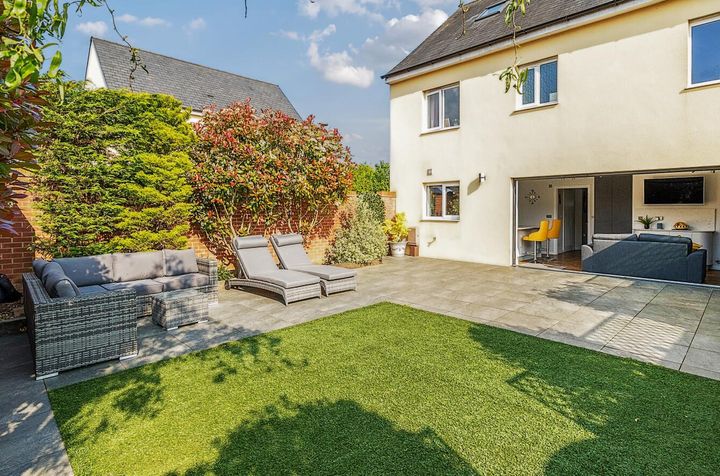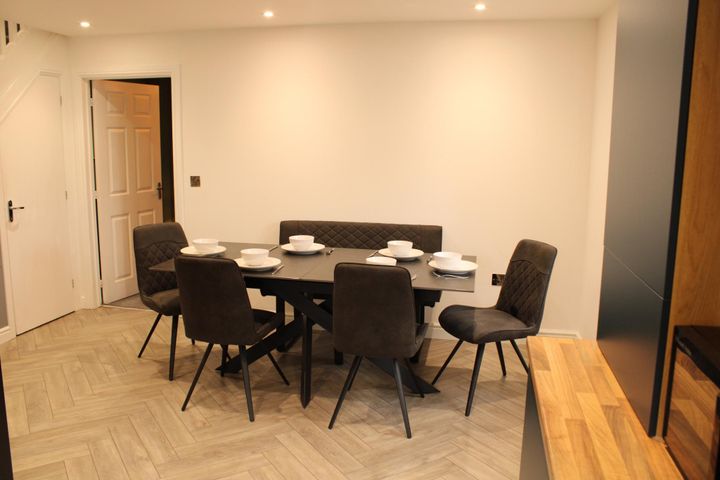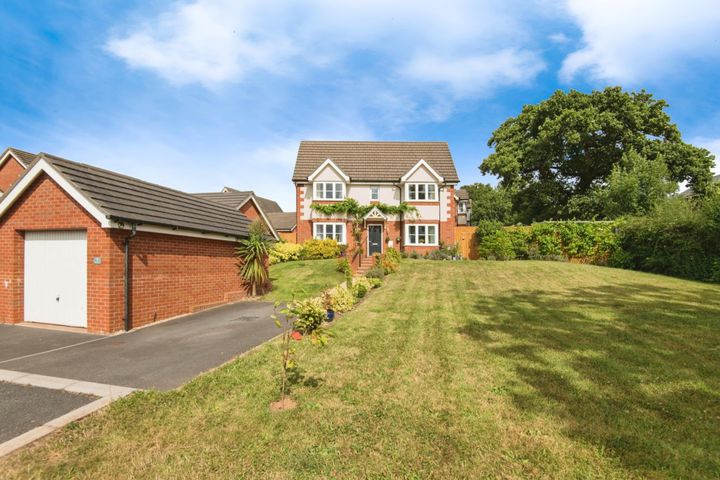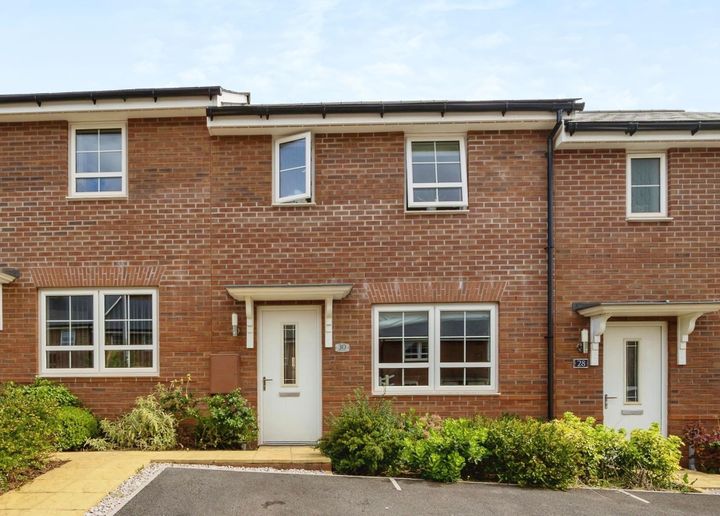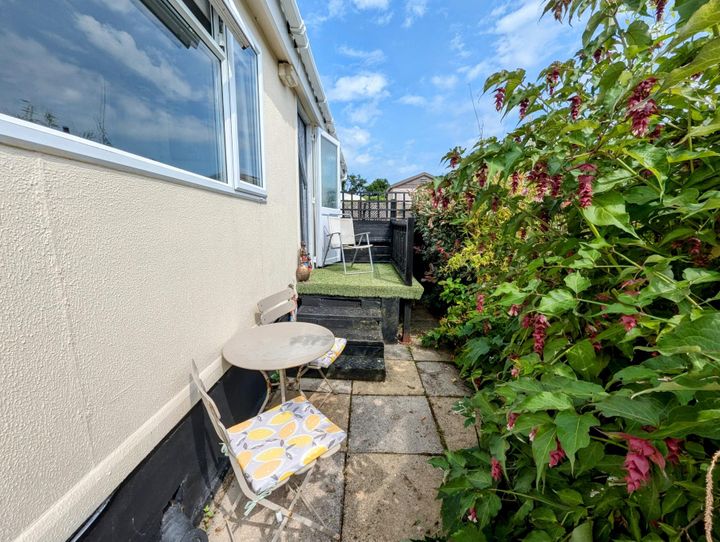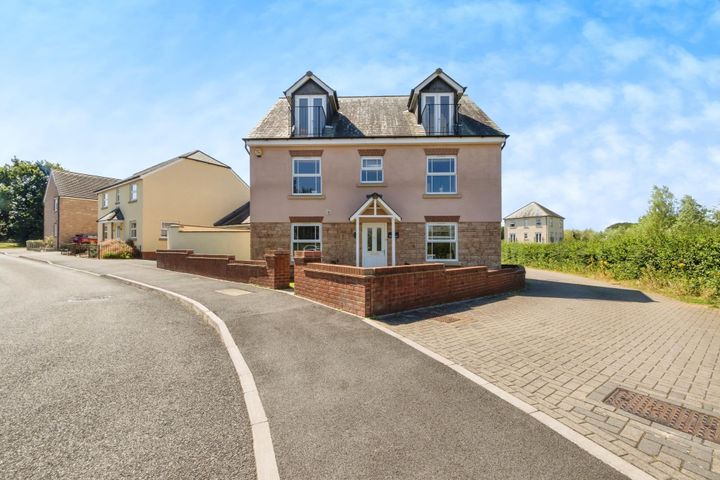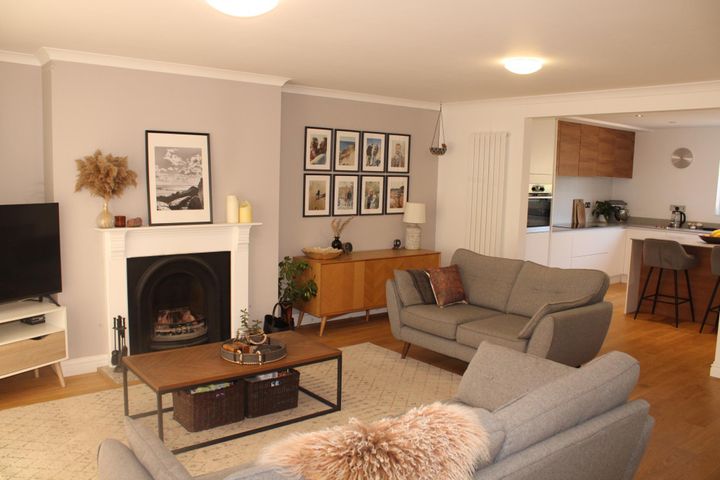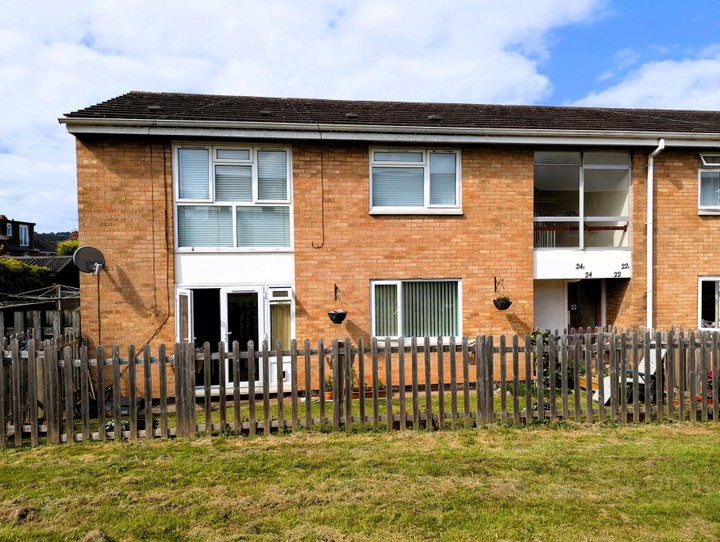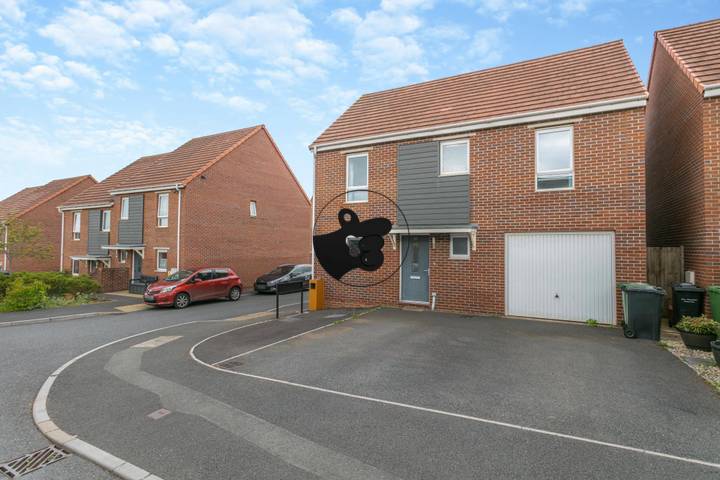Several factors influence real estate prices in Exeter, with local economic conditions playing a crucial role. The city has a growing economy supported by sectors such as education, healthcare, and technology, which can drive demand for housing. The presence of the University of Exeter contributes to a steady influx of students and faculty, affecting rental markets and property demand. Additionally, the location of Exeter along the M5 corridor and its proximity to the coast make it an attractive option for commuters and second-home buyers, further elevating property prices. Housing supply and demand dynamics also significantly impact real estate costs; new developments and infrastructure projects can create a surge in market activity. Lastly, historical charm and cultural heritage of Exeter, coupled with amenities such as shops, restaurants, and parks, enhance its desirability, leading to higher property valuations in certain neighborhoods like St. Leonards or Pennsylvania.
Exeter
Location
Price Range
Any price
Price Range
Minimum
No min
Maximum
No max
Property type
Show all
Property type
Show all
House
Apartment
Building
Other
Bedrooms
Any beds
Bedrooms
Minimum
No min
Maximum
No max
Surface Range
Any surface
Surface Range
Minimum
No min
Maximum
No max
Sale type
For sale
Sale type
Show all
To rent
For sale
Location
Apartments and houses for sale in Exeter
10 results
Recent
Exeter insights
| Aspect | Summary |
|---|---|
| Population | 130,000 (approx.) |
| Average Property Price | £300,000 (approx.) |
| Rental Yield | 4.5% (approx.) |
| Average Rent | £1,200 per month (approx.) |
| Occupancy Rate | 95% (approx.) |
| Capital Growth Rate | 3% per annum (approx.) |
| Property Tax | 1.5% (approx.) |
| Transaction Costs | 3-5% of purchase price (approx.) |
| Expected ROI | 7-8% (approx.) |
| Economic Growth Impact | Moderate growth, driven by local industries and universities. |
Exeter FAQ
What factors affect real estate prices in Exeter?
How have real estate prices in Exeter changed over the past few years?
Over the past few years, real estate prices in Exeter have experienced a significant upward trend, largely influenced by increased demand for housing in the city. In 2019, the average house price sat around £250,000, but by early 2023, this figure had escalated to approximately £300,000, representing a considerable increase of nearly 20%. Factors contributing to this surge include Exeter's appeal as a vibrant university town, along with enhanced transport links and amenities. For instance, properties near popular areas such as St. Leonards and Topsham have seen even greater spikes, often fetching prices well above the city average. Furthermore, with the rise of remote working, more individuals are seeking homes that offer a balance of urban accessibility and suburban tranquility, particularly in desirable neighborhoods like Pennsylvania, where homes have become increasingly sought after. Additionally, the competitive rental market has also influenced purchase prices, as investors eye potential return on investment in a city experiencing low vacancy rates. The overall trend reflects a robust real estate landscape marked by both sustained interest and economic factors compelling buyers to enter the market.
Is Exeter an affordable place to buy a home compared to other cities?
Exeter's housing market presents a mixed picture when compared to other cities in the UK. As of late 2023, the average house price in Exeter is around £290,000, which is notably lower than cities like London, where average prices soar above £500,000, and even Manchester, where homes typically range from £300,000 to £400,000. However, compared to nearby towns such as Torquay or Plymouth, Exeter can appear less affordable, with prices rising quickly due to demand for homes in its attractive surroundings. Rent prices in Exeter also reflect this trend, with average monthly rents hovering around £1,100 for a two-bedroom apartment, which is comparable to other regional hubs. The city's blend of university life and vibrant cultural scene contributes to its desirability, which may drive up property prices and make it less affordable for first-time buyers compared to less urbanized areas.
What is the average home price in Exeter right now?
As of late 2023, the average home price in Exeter hovers around £300,000, reflecting a steady increase in property values over recent years. In particular, areas such as St. Leonards and Heavitree tend to have homes priced between £300,000 and £400,000, with some larger family homes exceeding £500,000. Meanwhile, more affordable options can be found in neighborhoods like Newtown and parts of Whipton, where prices can dip below the £250,000 mark, especially for smaller properties or flats. Overall, Exeter's housing market showcases a diverse range of options catering to different budgets, although competition for desirable properties remains high, contributing to rising prices.
Are property prices in Exeter expected to rise or fall in the near future?
Property prices in Exeter have shown a degree of resilience, largely driven by factors such as its growing population, economic stability, and the appeal of its educational institutions, including the University of Exeter. Recent data indicates that the average house price in Exeter has increased over the past few years, reflecting a trend seen in many other parts of the UK. The city has witnessed a shift in demand due to remote working practices, with professionals seeking more affordable homes outside major cities like London. For example, areas such as St Thomas and Heavitree have seen particularly strong demand, with prices rising amid a shortage of available homes. However, local economic factors, including potential interest rate hikes and inflationary pressures, may affect buying power and buyer sentiment in the near term. Additionally, the ongoing development projects in the area could further influence market dynamics, either by attracting more residents or easing the existing housing supply constraints.
How do local amenities impact home prices in Exeter?
Local amenities significantly influence home prices in Exeter, as they contribute to the overall desirability of a neighborhood. Proximity to good schools, for example, can drive up home values, as families often prioritize educational options when choosing where to live. Areas near popular parks, like Exeter's Northernhay Gardens, also tend to attract buyers seeking recreational spaces, which can lead to higher property prices. Furthermore, convenience to shopping districts, such as the Guildhall Shopping Centre, adds appeal, making homes in these areas more valuable. In addition, access to public transportation—like the Exeter St David’s railway station—enhances commutability, making nearby residences more sought after. These amenities create a vibrant community atmosphere, which can further elevate the market value of homes in Exeter.
What are the typical costs associated with buying a property in Exeter?
When buying a property in Exeter, several typical costs come into play beyond the purchase price. The first major cost is the deposit, usually around 10% of the property's value. For example, on a £250,000 home, this would amount to £25,000. Next, buyers should account for stamp duty, which varies based on the purchase price; for a property costing £250,000, the stamp duty would be £2,500. Additionally, legal fees for conveyancing typically range from £800 to £1,500, depending on the complexity of the transaction. Homebuyers are also responsible for survey costs, which can vary but generally fall between £400 and £1,000 for a homebuyer’s report. Finally, there may be mortgage fees, including arrangement fees that can be as much as £1,500, alongside valuation costs that might add another £300 to £500. These additional expenses can significantly affect the overall budget when purchasing property in Exeter.


